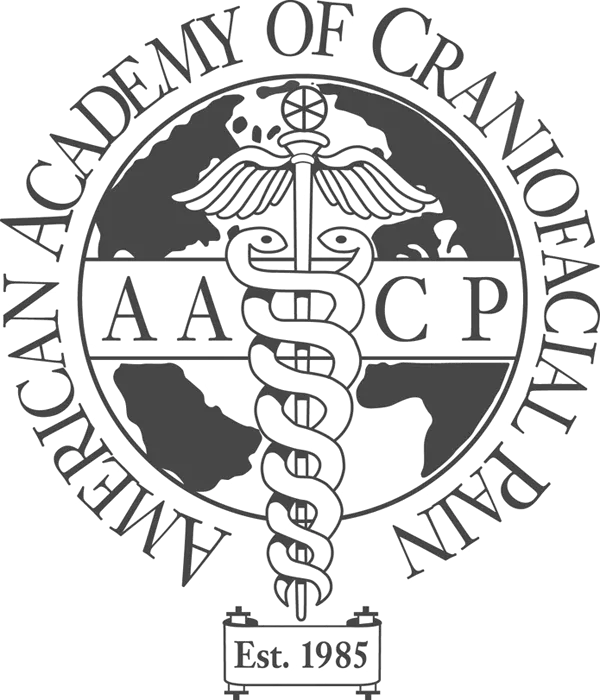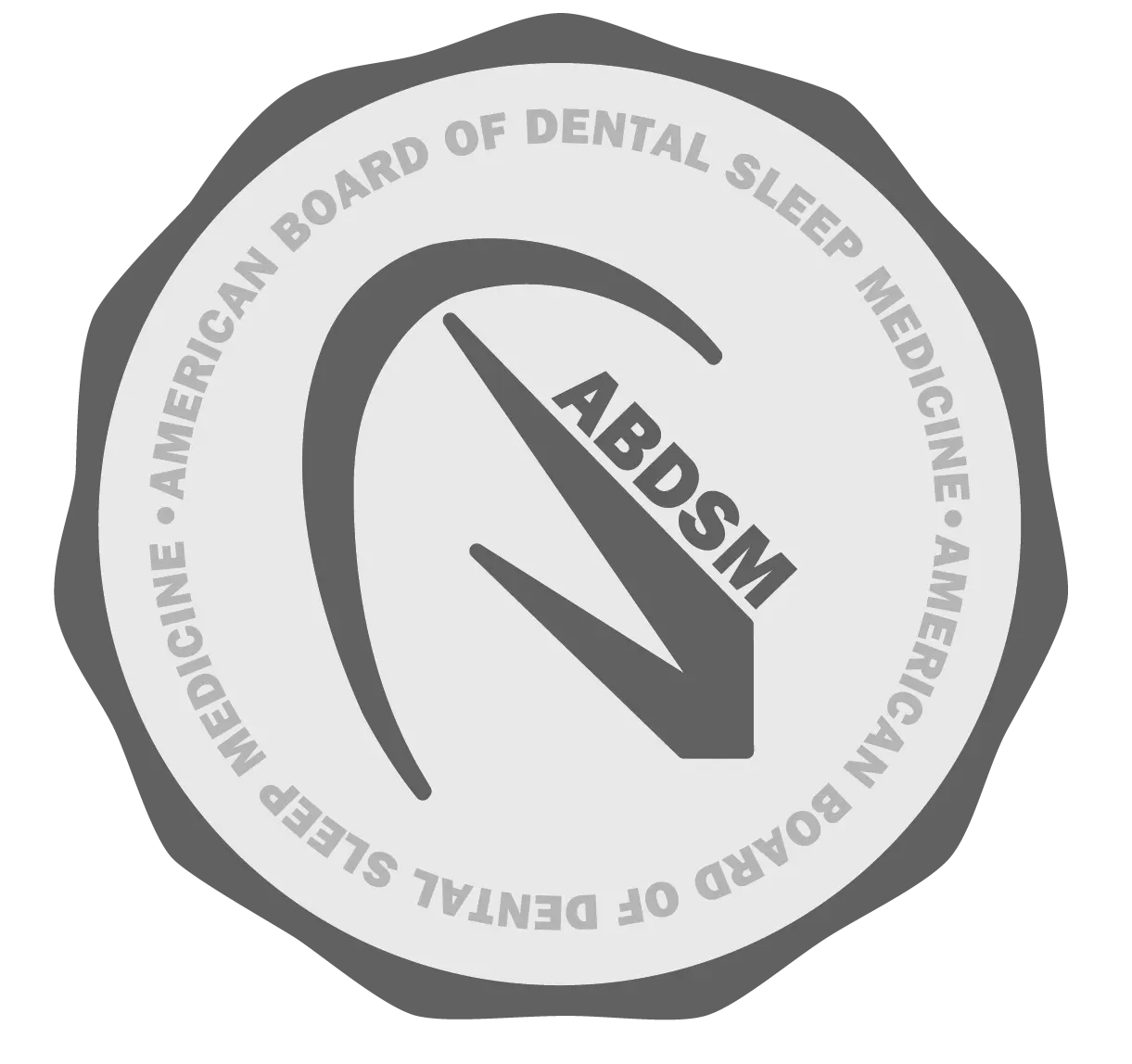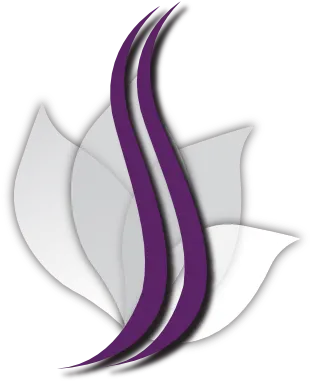Tooth extraction is a common dental procedure that can help relieve pain or resolve other dental issues. However, patients are often given specific aftercare instructions to ensure proper healing after the procedure. One common concern many face is the temptation to spit or rinse their mouths after tooth extraction. If you’ve accidentally spit after tooth extraction, it’s important to understand the potential consequences and how to prevent complications.
This blog will explain what happens if you accidentally spit after tooth extraction, why it’s problematic, and how you can ensure a smooth recovery.
The Importance of Post-Extraction Care
After a tooth extraction, the goal is to allow the blood clot to form in the empty socket. This clot acts as a natural bandage and promotes healing. Any disruption to this clot can lead to painful conditions like dry socket. Dry socket occurs when the blood clot is dislodged or doesn’t form properly, exposing the underlying bone and nerves, which can result in intense pain and delay healing.
Now, let’s dive into what could happen if you accidentally spit after tooth extraction and how to avoid complications.
What Happens if You Accidentally Spit After Tooth Extraction?
When you spit after tooth extraction, you’re creating a suction force that can dislodge the blood clot formed in the socket. This action may seem minor, but it can have significant consequences, including:
1. Dislodging the Blood Clot
The suction created by spitting can dislodge the clot, which may lead to dry socket. Without the clot, the healing process is delayed, and you’ll likely experience severe pain, swelling, and possible infection.
2. Increased Risk of Infection
If the clot is disturbed and the socket is left exposed, there’s a higher chance of bacteria entering the wound and leading to infection. This can prolong recovery time and lead to additional treatments.
3. Prolonged Healing Time
The dislodging of the blood clot can make the healing process take longer. A new clot may take additional time to form, or the healing process may need to be supported by other dental treatments to ensure proper recovery.
4. Pain and Discomfort
Spitting after extraction can cause unnecessary pain, as well as the potential for a dry socket. Without the protective clot, the exposed bone can be sensitive to air and food particles, causing discomfort and possibly infection.
Why Does Spitting After Tooth Extraction Cause These Issues?
To fully understand why spitting after tooth extraction can be harmful, it’s important to know what happens in the socket immediately after the extraction. After a tooth is pulled, the area where the tooth was located begins to heal. Blood rushes to the site to form a clot, vital for tissue repair. The suction created by spitting creates enough force to dislodge the clot, leading to the risks we discussed earlier.
What Can You Do to Prevent Accidental Spitting?
Even if you don’t consciously try to spit after your extraction, the urge to do so may still arise. Here are some tips to help you avoid spitting and protect your recovery:
1. Avoid Rinsing or Spitting for the First 24 Hours
The first 24 hours after your extraction are critical. Avoid the temptation to rinse your mouth or spit during this period to give the clot the best chance of staying intact. Instead, let saliva naturally drain from your mouth.
2. Gently Clean Your Mouth
After the first 24 hours, you can start rinsing your mouth gently with a saltwater solution. Avoid using a strong mouthwash or creating suction by spitting.
3. Be Mindful of Eating and Drinking
Avoid consuming anything too hot or cold, and avoid drinking through a straw. Straws can create suction and disrupt the clot. Eat soft foods to minimize the need for spitting or rinsing.
4. Follow Your Dentist’s Aftercare Instructions
Your dentist will give you specific instructions on how to care for your extraction site. Following these instructions carefully will ensure the best chance for healing and reduce the risk of complications.
What Should You Do If You Accidentally Spit After Tooth Extraction?
If you accidentally spit after a tooth extraction, don’t panic. Here’s what you can do:
1. Monitor for Symptoms of Dry Socket
If you notice severe pain, a bad taste in your mouth, or visible bone in the extraction site, these could be signs of dry socket. If this happens, contact your dentist immediately for treatment.
2. Stay Calm and Follow Aftercare Instructions
If you realize you’ve accidentally spit, follow your dentist’s aftercare guidelines. Avoid spitting further, and take care not to disrupt the healing clot. If you’re unsure about the severity of your situation, it’s always a good idea to contact your dentist.
Conclusion
In conclusion, accidentally spitting after tooth extraction can lead to serious complications, including dry socket, infection, and prolonged healing times. To avoid these issues, follow the post-extraction care instructions provided by your dentist and be mindful of actions that may disrupt the blood clot.
If you’re dealing with tooth pain or need a tooth extraction, don’t wait. Call us at (770) 923-5500
Or visit our clinic at 5500 A Lilburn Stone Mountain Rd, Stone Mountain, Georgia 30087 today to schedule your consultation. Our compassionate staff and experienced dentist, Dr. Hassan Moeti, are here to provide you with exceptional care throughout your dental journey.
FAQs
Can spitting after a tooth extraction cause dry socket?
Yes, spitting can create suction that dislodges the blood clot, leading to dry socket, which causes severe pain and delays healing.
How long should I avoid spitting after a tooth extraction?
It’s recommended to avoid spitting for at least 24-48 hours after the procedure to allow the blood clot to stabilize and protect the healing site.
What should I do if I accidentally spit after tooth extraction?
If you accidentally spit, try not to panic. Avoid spitting again, and follow your dentist’s aftercare instructions. If you experience pain or unusual symptoms, contact your dentist.
Can spitting affect the healing of the extraction site?
Yes, spitting can disrupt the clot and increase the risk of complications such as infection, dry socket, and prolonged healing time.
How can I prevent the urge to spit after a tooth extraction?
To prevent the urge to spit, avoid rinsing your mouth forcefully and keep your mouth as relaxed as possible. If needed, gently let saliva drain naturally.











